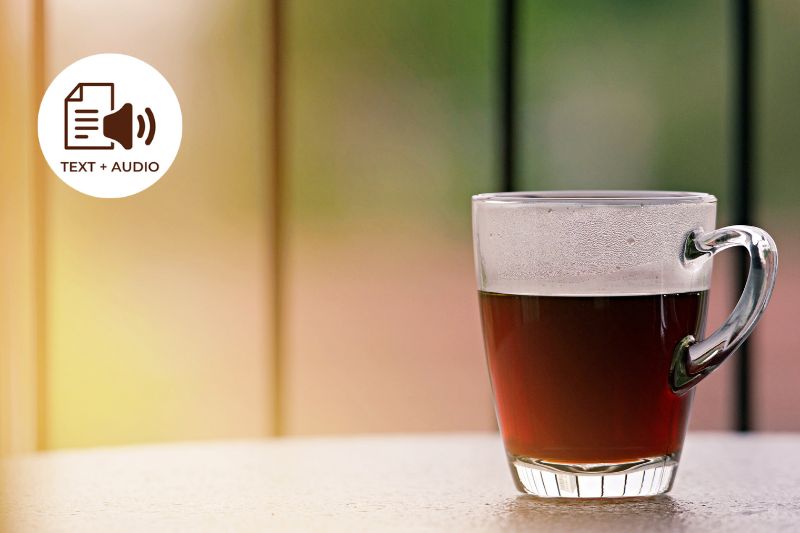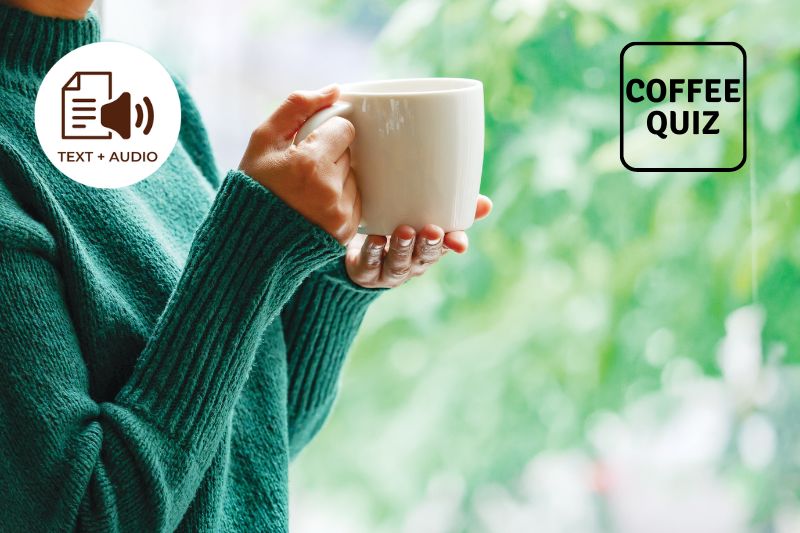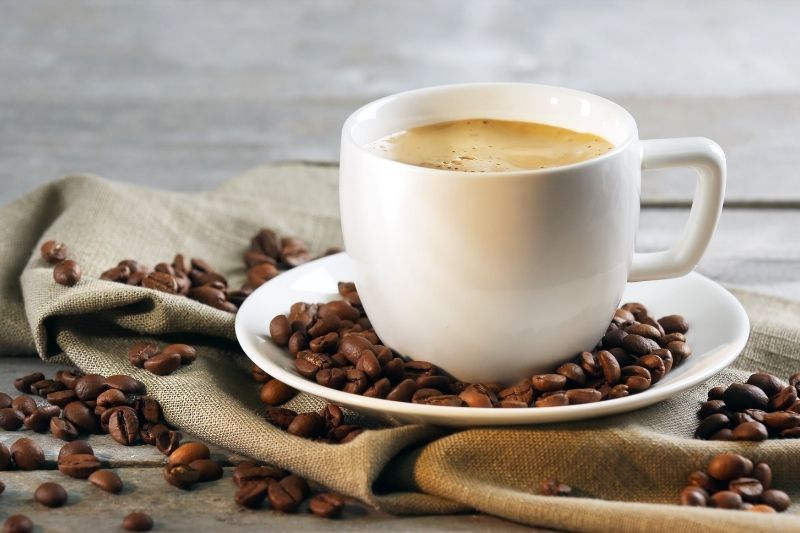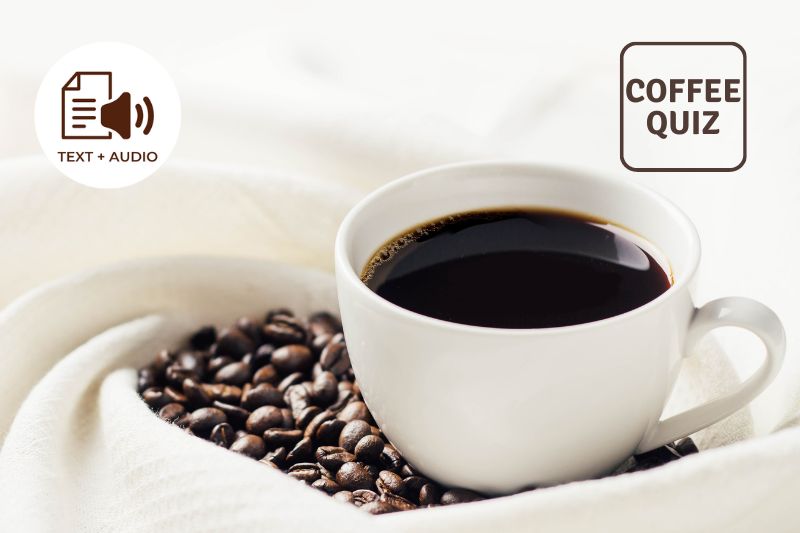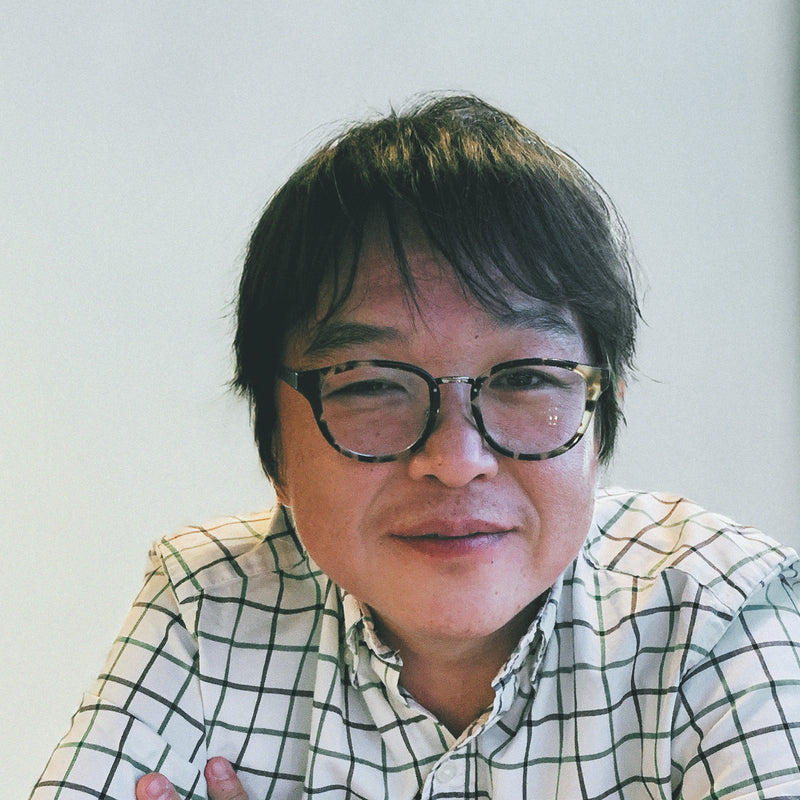Decaffeinating coffee is one of the most popular methods for reducing the caffeine content of coffee. Unfortunately, not all decaffeinated coffees are created equal, some are good and some are bad. If you want to reap all the benefits of decaffeinated coffee without any of the downsides, keep reading!

The Process of Decaffeination
To understand how to select good decaf over bad decaf coffee beans it’s important to know a bit about the process of decaffeination. A decaffeination process is a special form of processing that removes caffeine from coffee beans.
The process can take one hour or up to three days, depending on the desired caffeine content. Coffee beans are soaked in water to dissolve the caffeine and then filtered by either using activated charcoal (the most common) or diatomaceous earth (less common).
Decaffeinated coffee is essentially regular coffee with most of its caffeine removed, only 3% remains. As such, it usually has an equivalent flavor profile to regular coffee, but with less of the characteristic flavor of roasted coffee beans.
However, it doesn’t have to be this way! There are some methods where coffee beans are soaked in hot water for 12-24 hours before being filtered out and dried to remove any remaining moisture. This way, all of the caffeine can be extracted without compromising on taste, resulting in a decaffeinated coffee with lower amounts of caffeine content.
Methods of Decaffeination
There are a few methods of decaffeination:
Traditional Decaffeination Process
This process involves soaking coffee grounds for 12-24 hours in pressurized water at boiling temperature to remove all residual caffeine, then drying them to get rid of any remaining moisture. The boiling temperature use, unfortunately, compromises the flavor and aroma of the coffee beans so it’s not the best method to preserve those unique characteristics.

Swiss Water Process
The Swiss Water Process is a process that was created in the 1980s. This process is also known as the water extraction or milling process. It helps to remove most of the caffeine from coffee beans but leaves some of the flavors behind.
This method of coffee processing has become more popular in recent years because it has the ability to preserve most of the flavor and aroma of the coffee bean. However, it’s very expensive and so not many coffee producers use it.
Direct-Solvent Process
The direct-solvent process is a new method for decaffeination. This process involves soaking coffee beans in a solution of methylene chloride. Methylene chloride is a type of chemical solvent that dissolves the caffeine from the beans. The process is much less time-consuming than other methods, but it does have some drawbacks.
It is not as cost-effective as the conventional wet process. One kilogram of dry coffee beans can yield about 2 kilograms of decaffeinated coffee beans using this method, but through the wet process it can yield up to 3 kilograms. The dry method also creates a risk for contamination due to an open system, which means that there are no barriers between chemicals and food products.
Carbon Dioxide Process
The process of decaffeination with Carbon Dioxide Process was first developed in 1903 by Ludwig Roselius, a German coffee merchant. Decaffeination is a process that boils the beans and uses CO2 to extract caffeine from their coffee beans. It is often used to remove caffeine from drinks and foods, such as tea and chocolates. The only drawback this method has is the way it affects the flavor of the coffee since it makes it taste watery or bitter.
Liquid Dicarboxylic Acid
Liquid Dicarboxylic Acid is a method that uses a certain relatively low atmospheric pressure and temperature to remove caffeine from raw coffee beans. This is possibly the most favorable process for making decaf coffee alongside the Swiss Water Process because they both manage to maintain the original flavor and aroma of the final product.
However, the Liquid Dicarboxylic Acid is much more cost-effective and has a smaller carbon footprint than the Swiss Water Process so it's definitely a better option, which is why it’s the one we use here in Japanese Coffee Co.

So how can you avoid bad decaf coffee?
When you are drinking decaf coffee, it is important to keep in mind that the decaffeination process can affect the flavor. Different methods of removing caffeine can also make a difference in terms of taste.
The decaffeination process will remove around 97% of the caffeine from the beans and some methods are used only to remove the caffeine without taking into account not to affect the flavor and aroma. Fortunately, there are some ways to ensure you get the best cup of decaf coffee:
- Buy speciality grade decaf coffee beans
- Ask your barista or roaster which method was used for decaffeination
- Avoid buying pre-ground decaf coffee as it won’t be as fresh
- If you are buying online, check if the seller is giving information about the decaffeination process
Final Thoughts
My conclusion is that going with what you know is the best decision. For example, if you're not sure which type of coffee to pick, just go with what your favorite coffee is. The above tips will surely help you buy great quality decaf coffee and the rest is up to you!
Go ahead and try a few options, experiment, and surely you will find something that suits your taste. The important thing is that if you choose good decaf coffee you don’t have to compromise flavor and aroma!
Get Free Bonus Books

Sign up for free to the Coffee Club to get advice and exclusive articles about how to choose Japanese Coffee, and tips, tricks, and recipes for enjoying Japanese coffee.
About the author
Kei Nishida
Author, CEO Dream of Japan
Certification: PMP, BS in Computer Science
Education: Western Washington University
Kei Nishida is a passionate Japanese tea and coffee connoisseur, writer, and the founder and CEO of Japanese Coffee Co. and Japanese Green Tea Co., both part of Dream of Japan.
His journey began with a mission to introduce the world to the unparalleled quality of Japanese green tea. Through Japanese Green Tea Co., he established the only company that sources premium tea grown in nutrient-rich sugarcane soil—an innovation that led to multiple Global Tea Champion awards.
Building on this success and his passion for Japanese craftsmanship, Kei expanded into the world of coffee, pioneering the launch of Japanese Coffee Co., the first company to bring Sumiyaki charcoal-roasted coffee to a global audience. His dedication to authenticity and quality ensures that this traditional Japanese roasting method, once a well-kept secret, is now enjoyed worldwide.
Beyond tea and coffee, Kei has also introduced Japan’s legendary craftsmanship to the world through Japanese Knife Co., making handmade katana-style knives—crafted by a renowned katana maker—available outside Japan for the first time.
Kei’s journey continues as he seeks out and shares the hidden treasures of Japan, one cup and one blade at a time.
Learn more about Kei

